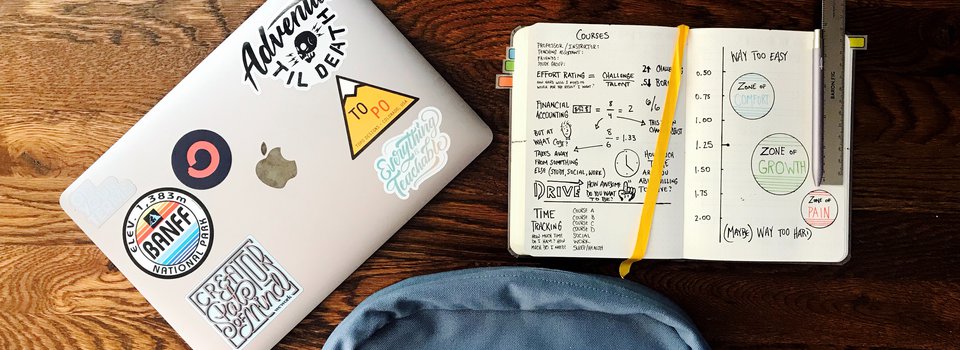While it may feel like classes have barely started, midterms are already underway in some classes. Even if your midterms aren't quite here, it's never too early to start studying.
Study early and often
It's old news by now that cramming for exams isn't the most effective way to study. Instead, making studying a regular part of your routine by going over your notes every day after class. Memory retention plummets when you try to study the night before.
Practice make perfect
If you get exam stress, one of the best ways to study is by taking practice exams. The best source? The Students' Union's exam registry provides copies of old exams you can use for practice. Can't find your course? Ask your professor to send us their old exams.
Take advantage of tools
Writing things out by hand is one of the most effective ways to boost memory retention, but you can supplement that with any number of digital tools. Try flashcard apps like StudyBlue, Cram or StudyStack, schedule your study breaks with Marinara Timer, or track your assignment and tests with Schooltraq.
Get a handle on stress
Stress wreaks havoc on memory retention, which seems unfair when stress is such an inherent part of exams. Keep a handle on things by making sure you take time to take breaks, hit the gym, and spend time with friends.
Keep moving
Switch up your study spots and keep switching between subjects. Studies show that consistently studying in the same location can make us more likely to forget the information we've learned, so explore campus and find new places to study. Use the same tactic when it comes to subject matter by varying content!


